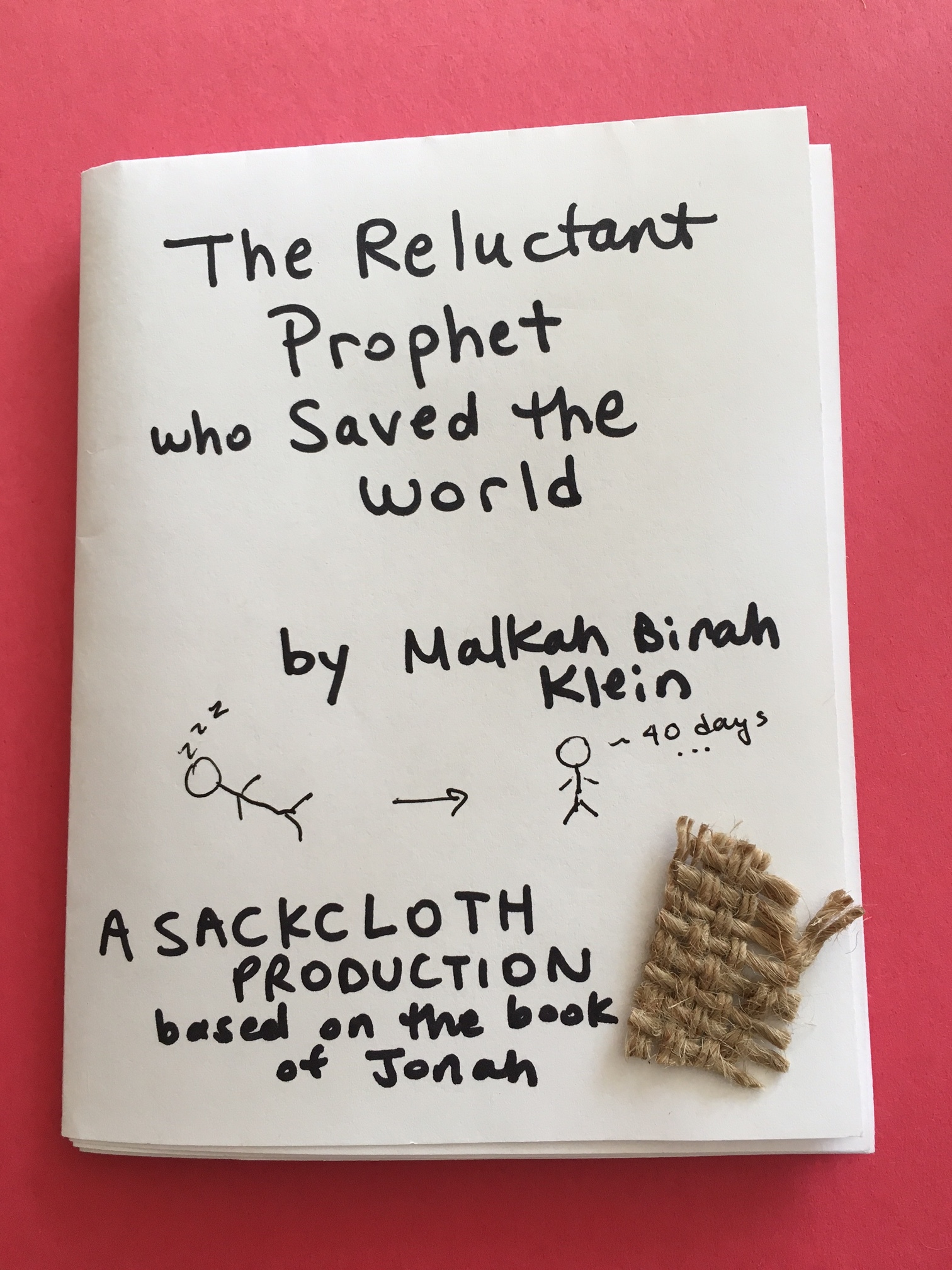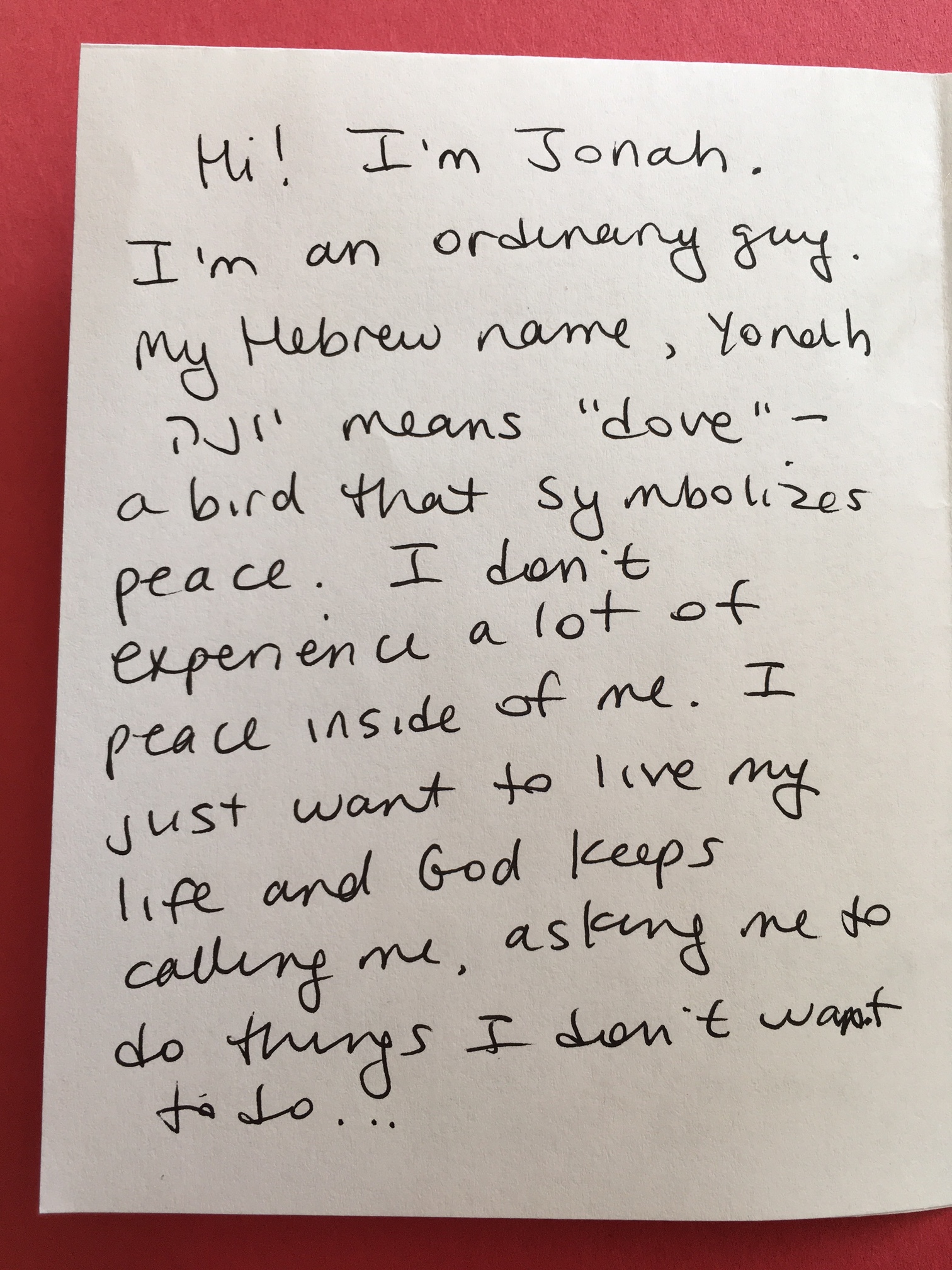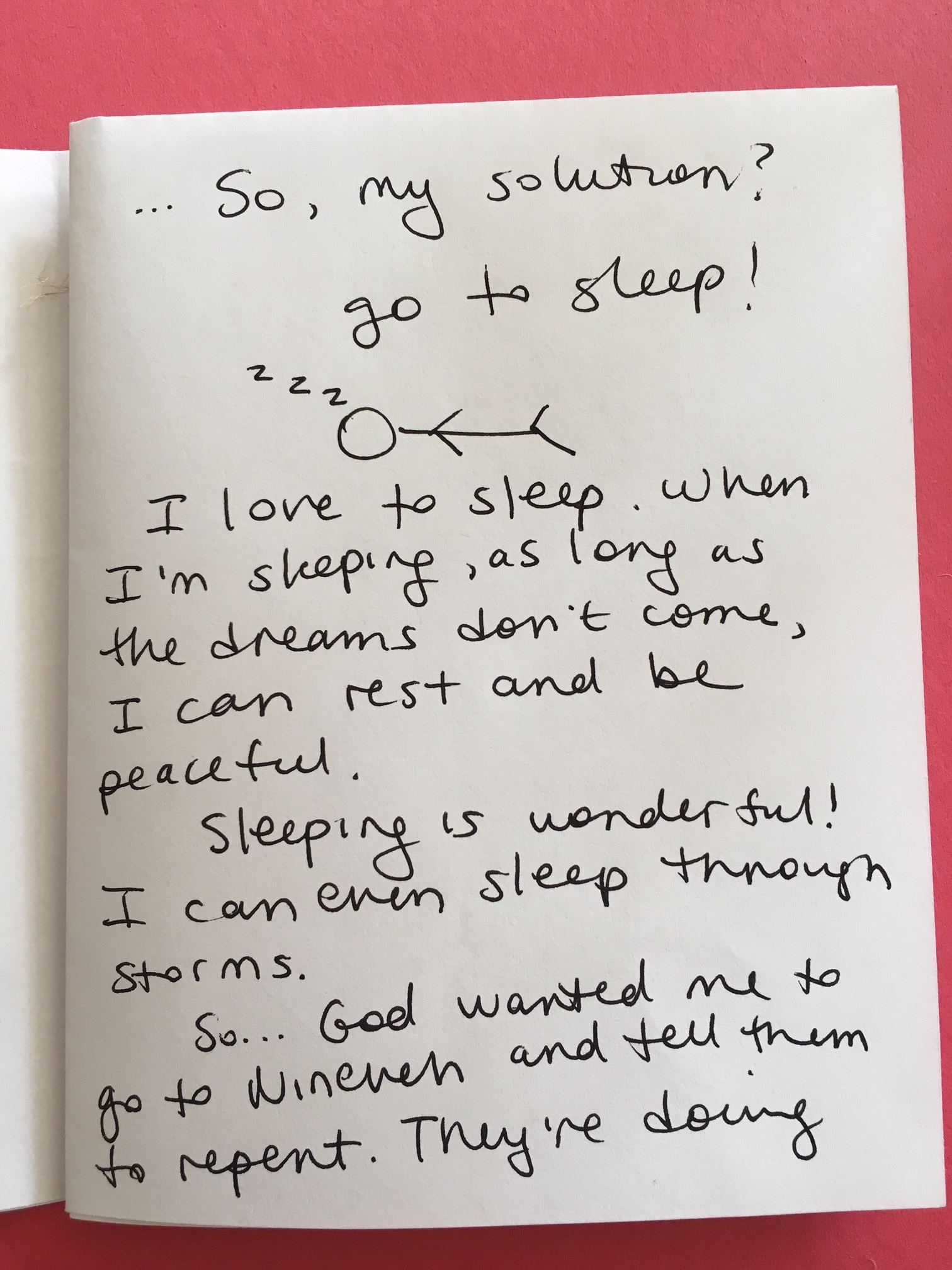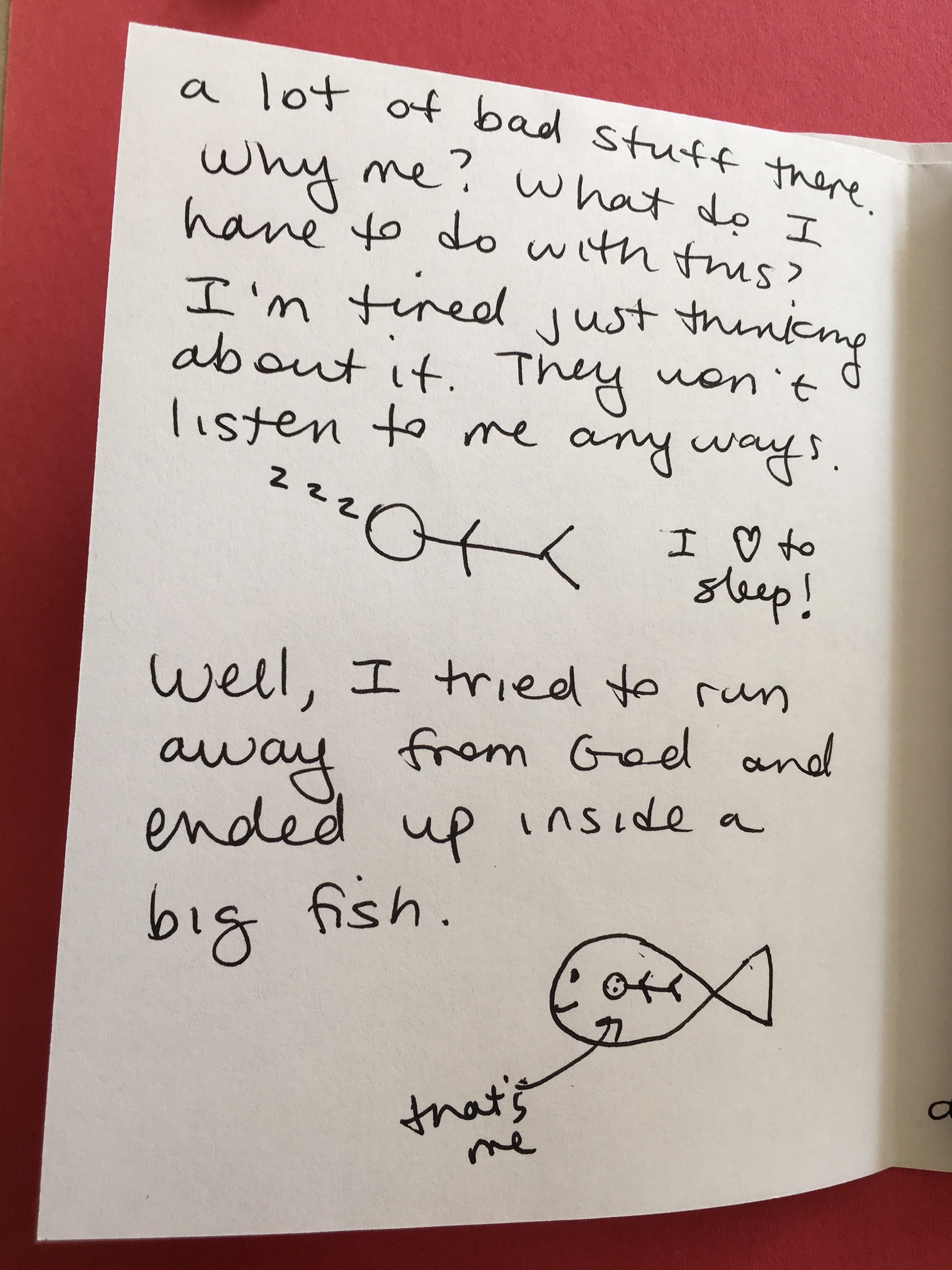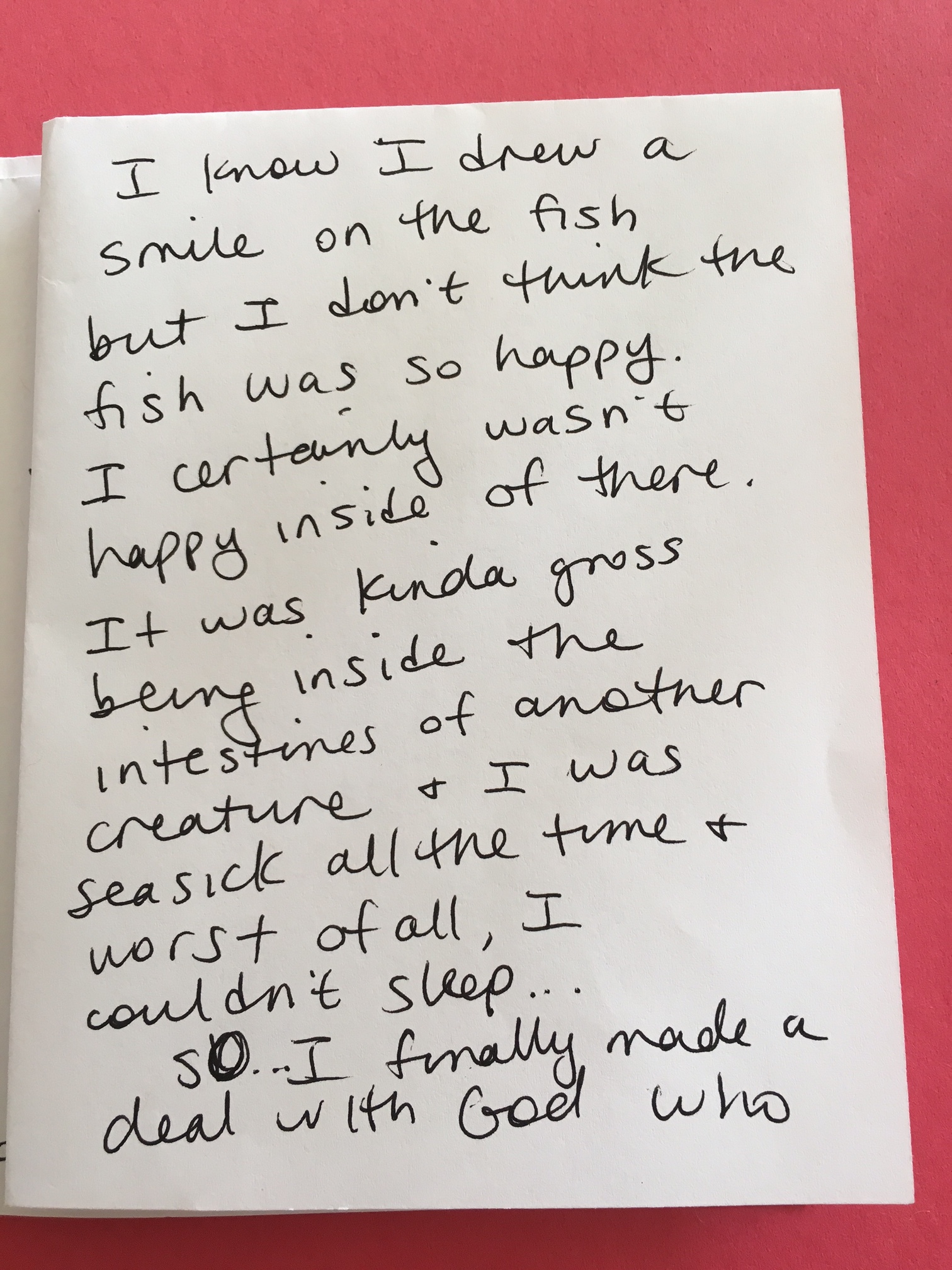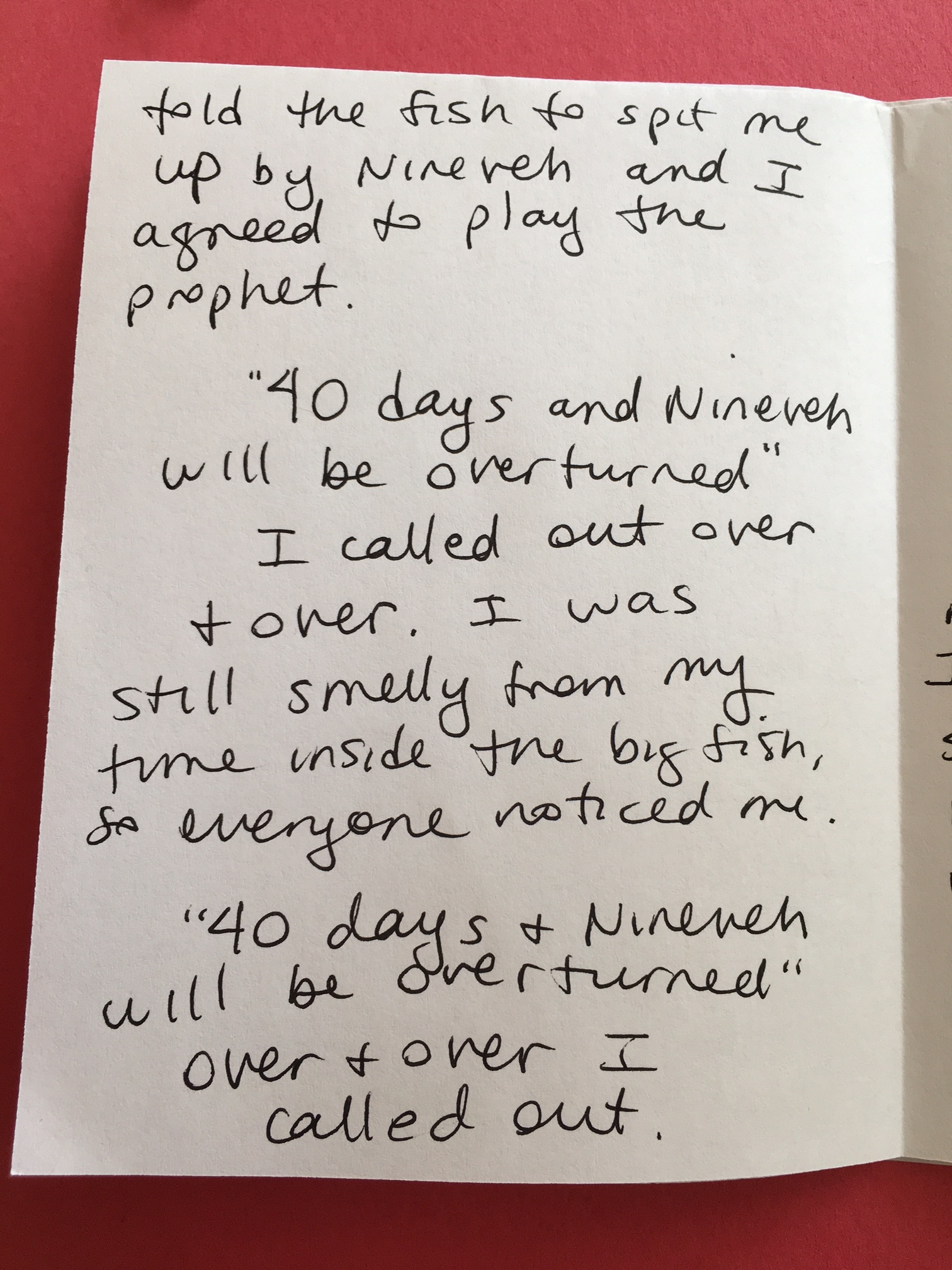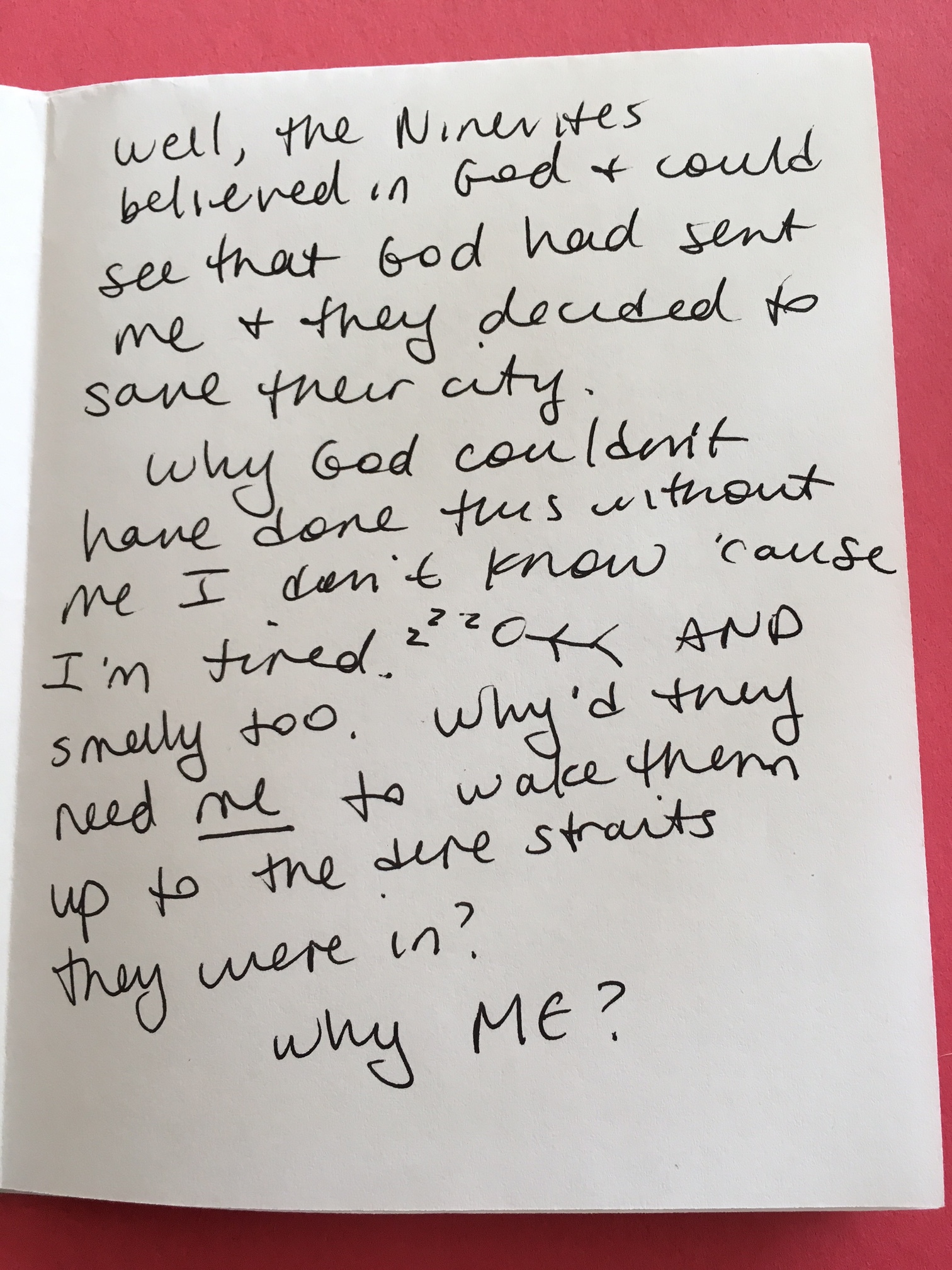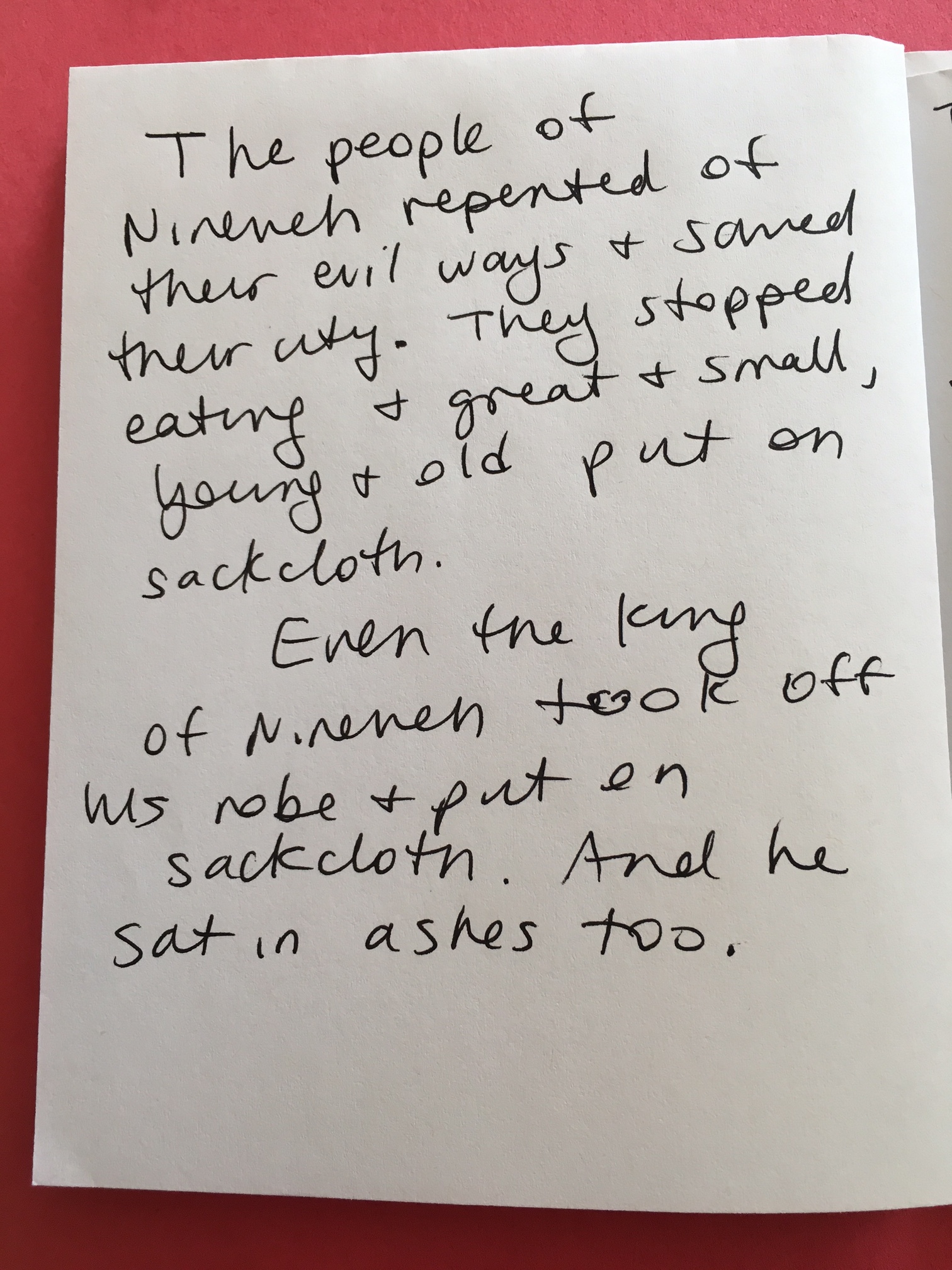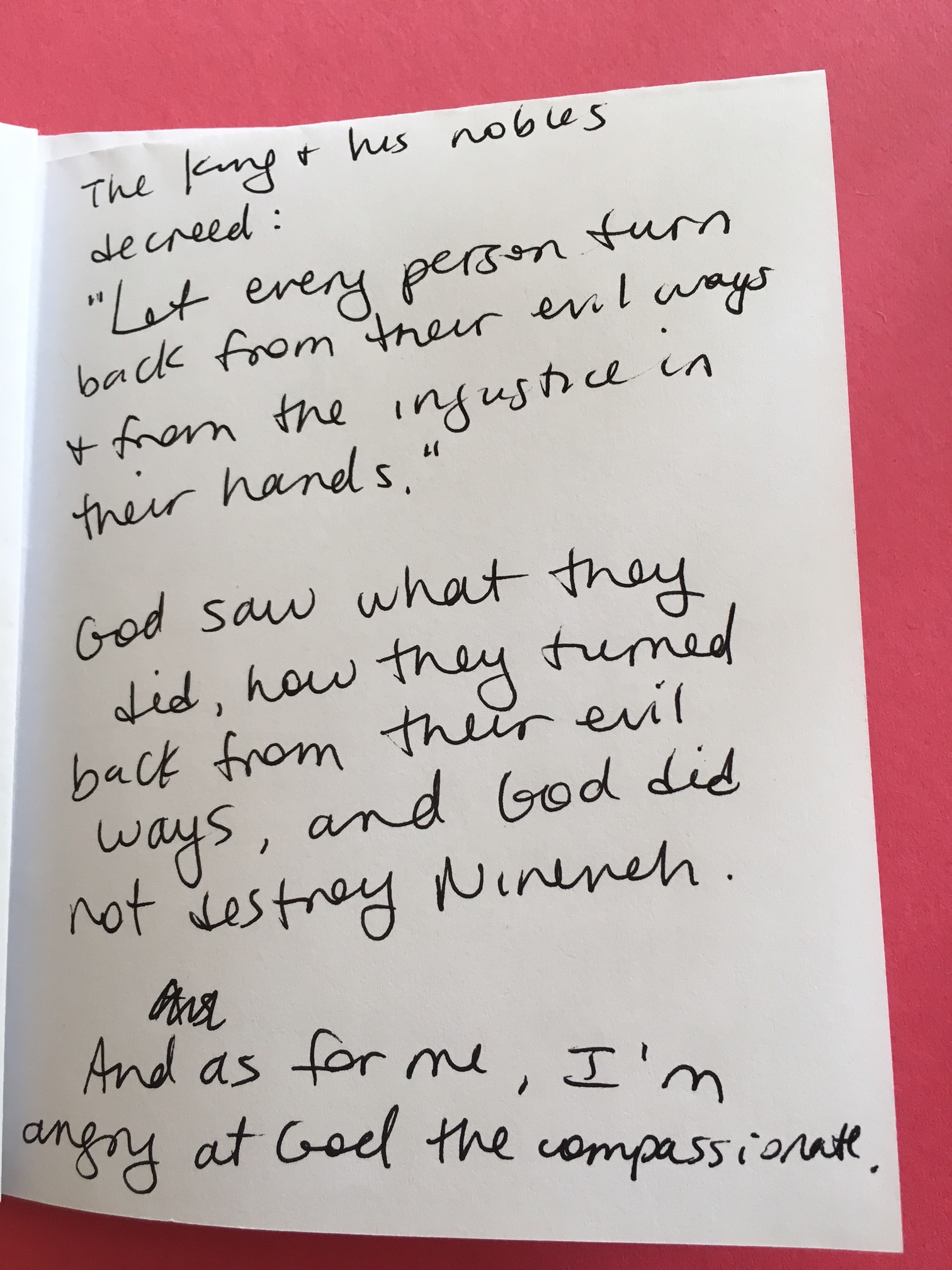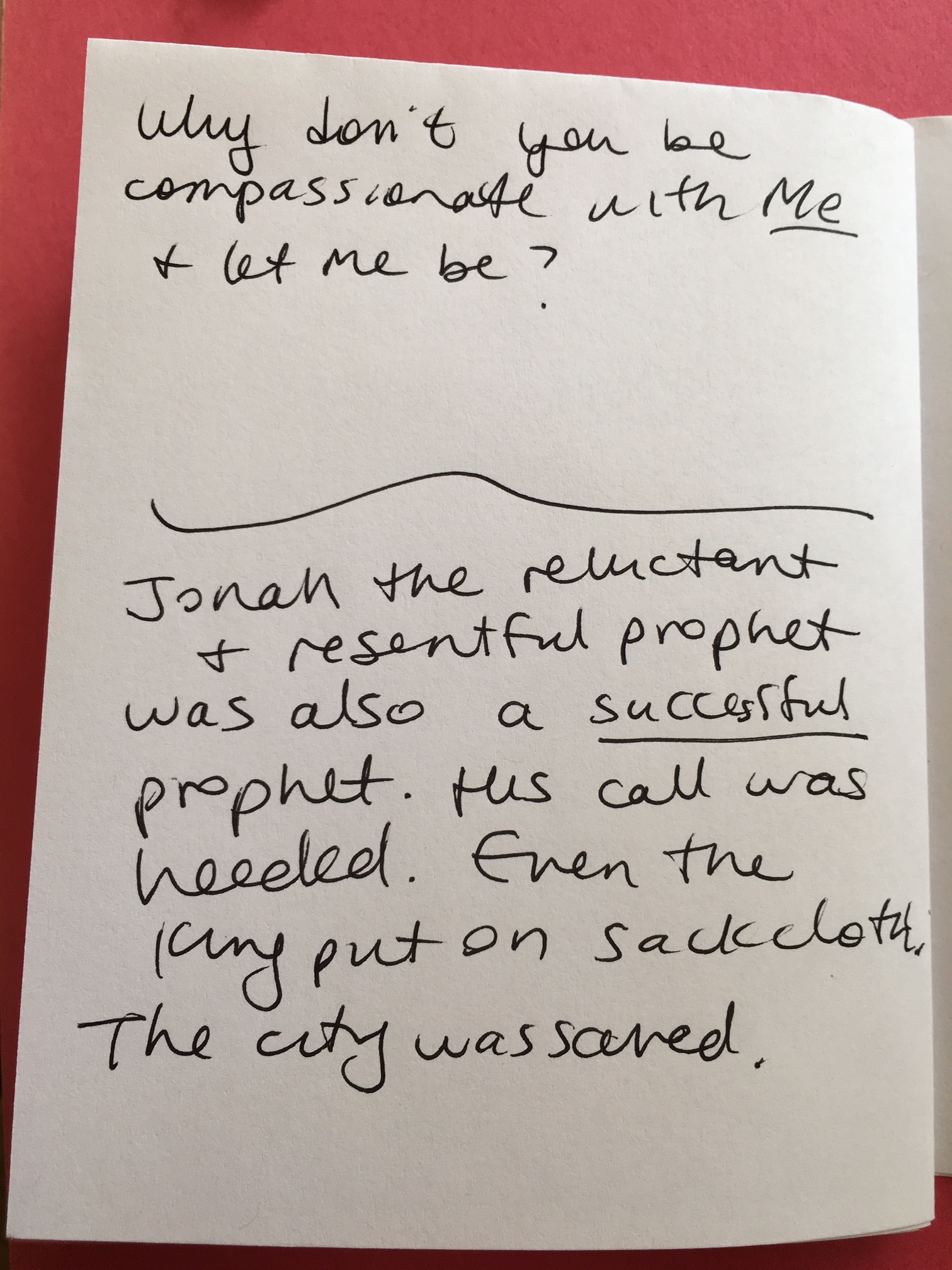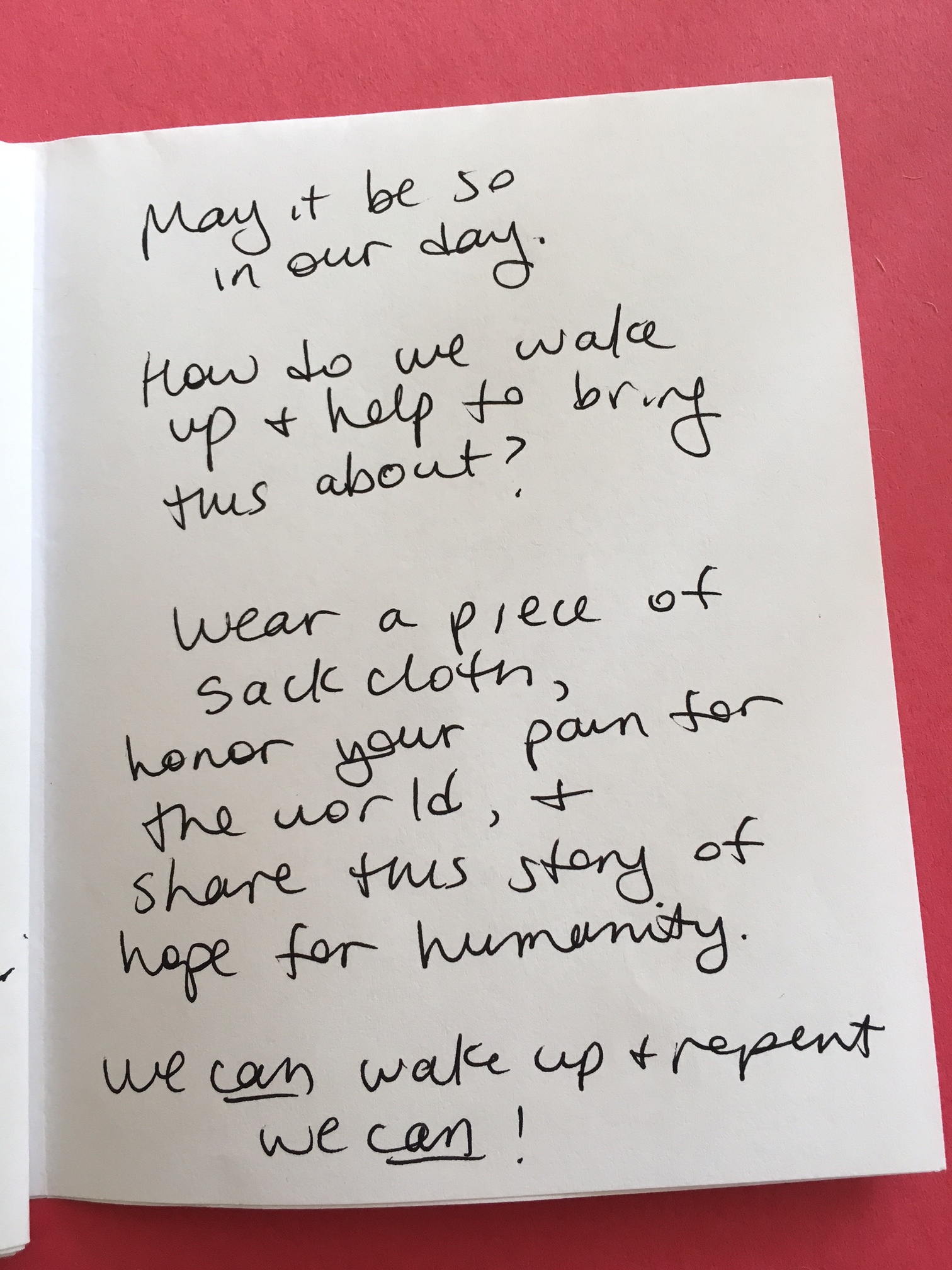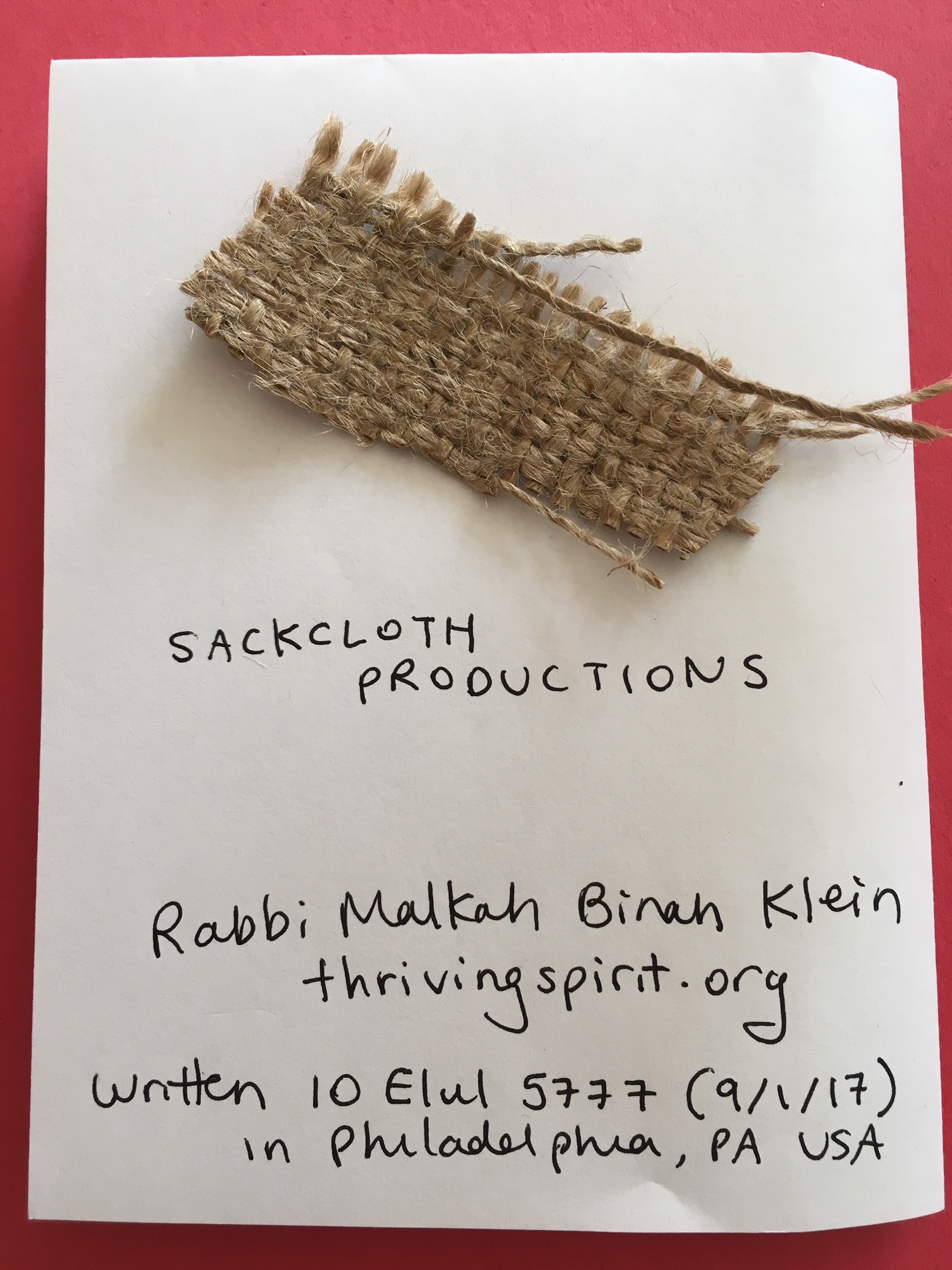This past Shabbat marked the 32nd anniversary of my Bat Mitzvah. I had the opportunity to lead services at P’nai Or Philadelphia, the dynamic Jewish Renewal community founded by Reb Zalman Schachter-Shalomi and his students and colleagues in the 1980’s and now led by Rabbi Marcia Prager. I love P’nai Or because it is a community to which I am invited to bring my full, authentic self: she who dances, she who yearns, she who sings, she who cries, she who loves, she who shines forth light. Here is the teaching I offered for this past week’s Torah portion, Ki Tetzei, based on the maftir (the final few verses of the Torah portion), Deuteronomy 25:17-19.
P’nai Or offered a workshop last year about the art of sofrut, writing and repairing Torah scrolls. Each letter of a Torah scroll (there are 304,805!) is lovingly and precisely handwritten on parchment by a sofer (scribe), and the sofer performs many rituals in preparation for this act of sacred writing. One of the rituals that my friend and colleague, Rabbi Kevin Hale, shared in his workshop particularly intrigued me. He shared that each day, before beginning to write in a Torah scroll, he writes the word עמלק (Amalek) on a scrap of parchment and then crosses it out. Amalek represents ultimate evil, the one who attacked the Israelites from behind, attacking the most vulnerable of the community at a time when they were tired and weary, having just left Egypt. In Deuteronomy 25:19, we read: “you shall blot out the remembrance of Amalek from under heaven. Do not forget.” The sofer literally blots out the name עמלק on a regular basis as part of preparing for his sacred task.
Kevin shared that his teacher, Eric Ray z’‘l, had pointed out that the gematria (a mystical system of finding connection between words in the Hebrew Bible, based on assigning numerical values to the letters) for עמלק (Amalek) and ספק (safek) is equivalent. ספק (safek) means “doubt”, and Kevin explained that the ritual of crossing out עמלק (Amalek) is a way to acknowledge and release self-doubt. He enters his scribal work, an awesome task, having consciously let go of the questioning: “am I worthy of this task? Will this be good enough?”
I went home from the workshop and began writing and blotting out (well, crossing out) עמלק as I began to write in my journal. I also wrote and crossed out עמלק on a small piece of off-white fabric (pictured above) that I pin to my main backpack. Just like my colleague the sofer, I am called to do sacred work. My sacred work is in the realm of teaching, leading prayer and ritual, guiding organizations, writing, bringing communities together, parenting, cooking, caring for my home and body. In all these realms, self-doubt can be paralyzing to me. “Am I worthy to perform this task? Will I perform it well enough” are questions that often arise for me and hold me back. I also carry a dread that my presence or actions might make things worse.
I have come to appreciate that a powerful enemy dwells within. My inner עמלק (Amalek) keeps me from bringing forth the best of my gifts. It attacks me most when I’m tired. It attacks the vulnerable part of me that yearns to take creative risks, to try new things, to explore, and it says, ”You can’t do that!“ It tells me: ”that’s not good enough to share with your colleagues and community“. It distracts me from engaging in the work that I feel called to do.
In recent months, so many of us have felt newly under siege: for me, it has been as a woman, a Jewish leader, a lesbian, a protector of a livable planet, an anti-racism advocate, a mother. I have many practices for keeping the despair and fear at bay, but it still creeps in. I get attacked from inside, which affects my ability to care for myself and loved ones.
As I have shared on this blog, I heeded the call to rabbis to travel to Charlottesville to support the local community during the violent weekend in mid-August. Being there was scary. We didn’t know how much violence was going to erupt. Yet being there, being a witness to a modern-day form of Amalek, was also powerfully life-giving. Experiencing visible anti-Semitism and witnessing the rage of the white nationalists as well as the rage of those who had come to protest them, has propelled me to a new level of spiritual leadership. It is time to stop being afraid to lead. I have important work to do. This is not a time for self-doubt, for allowing the inner Amalek to attack. A time for humility, yes, for exercising wise discernment and caution, yes, but for letting self doubt and fear hold me back from doing my part in healing our world, no!
One of the speakers at the 1000 Minister March in DC this past Monday spoke about the role of people of faith: “It’s not about speaking truth to power. We, as people of faith, are power. And we speak truth.” It’s time for us to stretch outside our comfort zone and speak our truth. The future of life on Earth is in the balance.
May we remember each day to blot out Amalek. May we work together to protect one another, particularly those most vulnerable, from the attacks of those who manifest Amalek energy, threatening and carrying out acts of hate and destruction. May we open the channels so that our inner light and love shine forth. In the name of the Holy, Mysterious, Beloved, Great One, to whom we call in many Names, may it be so.


